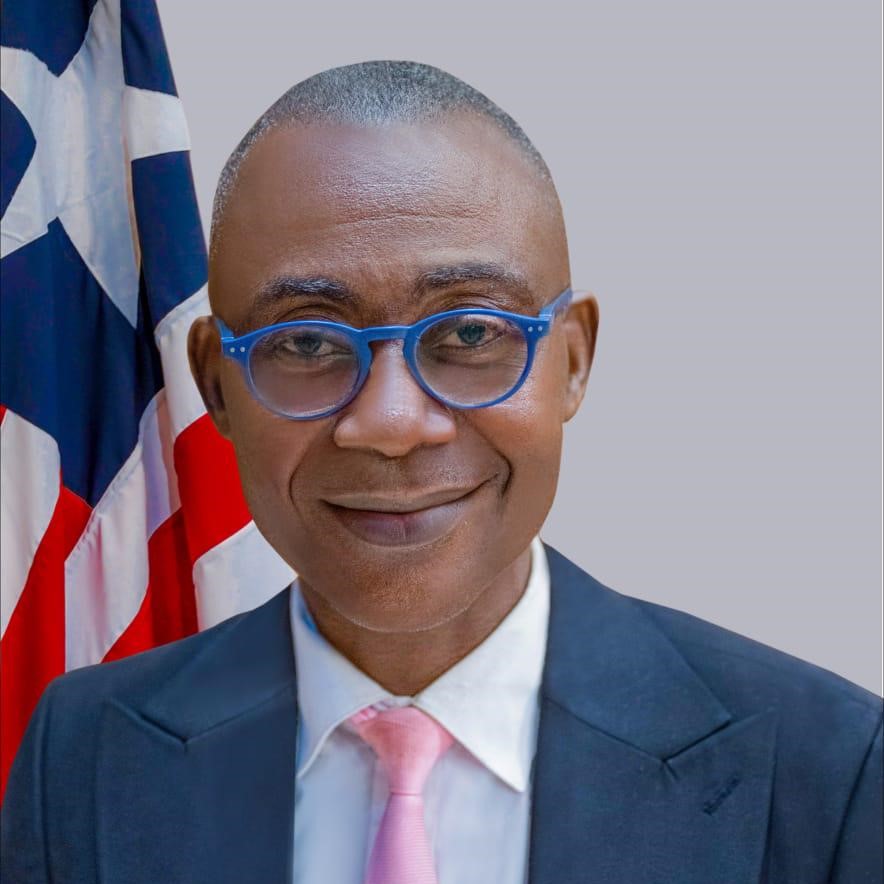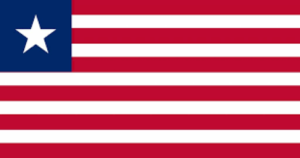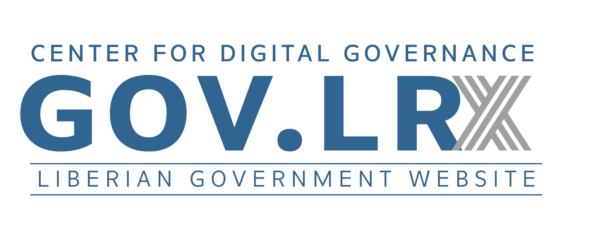
Professor Counsellor Finley Y. Karngar
Professor Counsellor Finley Y. Karngar is the Chairperson of Liberia’s Office of the Ombudsman, a role in which he leverages more than 25 years of distinguished experience in law, governance, and public administration. Cllr. Karngar’s career reflects a deep commitment to advancing justice and strengthening Liberia’s governance frameworks. He holds a Master’s in Intellectual Property Law from Turin University and advanced certifications from Harvard University.
Cllr. Karngar’s expertise spans multiple domains, including public sector governance, strategic planning, policy evaluation, and conflict resolution. His extensive legal background includes serving as a Rule of Law Advisor for USAID Liberia, where he directed over $100 million in governance and rule of law projects aimed at institutional strengthening, legal framework development, and expanding citizen access to justice. As an accomplished consultant, he has advised on policy reforms for several international and national organizations, including the United Nations and the African Union, addressing critical issues from human rights to land reform and biodiversity conservation.
An esteemed academic, Cllr. Karngar has taught law at the Louis Arthur Grimes School of Law and the African Methodist Episcopal University, introducing intellectual property law into the Liberian legal curriculum and mentoring aspiring legal professionals. His commitment to education earned him recognition as an outstanding lecturer for his work in constitutional law and corrections.
As Chairperson of the Office of the Ombudsman, Cllr. Karngar leads with a vision to promote accountability, transparency, and ethical governance across Liberia’s public institutions. Under his guidance, the Office addresses violations of the Code of Conduct, ensuring that all public officials uphold high ethical standards. His role is essential to Liberia’s mission to foster public trust in government, and he is known for his integrity, analytical skill, and dedication to impartial justice.
Cllr. Karngar’s leadership embodies a steadfast commitment to ethical governance and public service, making him a pivotal figure in Liberia’s journey toward transparent and accountable governance.
In 1986, six years after the Brownell Committee’s recommendations, Liberia adopted a new Constitution. Article 90 of this new Constitution prohibited public officials from engaging in activities that would create conflicts of interest, mandating the Legislature to establish penalties and prohibitions for such misconduct. This provision was a pivotal step toward codifying ethical standards for public servants, embedding these principles within Liberia’s legal framework. However, despite this mandate, progress in developing a comprehensive Code of Conduct and an operational oversight body remained stagnant for nearly three decades.
After 28 years of advocacy and legislative deliberation, Liberia passed the Code of Conduct Act in 2014 during the Presidency of Africa’s first female democratically elected President. This Act established the Office of the Ombudsman as an independent oversight body, charged with enforcing ethical standards across government institutions and private actors institutions. The Code sought to uphold principles of transparency, accountability, and integrity in public service by defining acceptable conduct for public servants. Despite the formal establishment of the Ombudsman’s Office in 2014, as the administrator of the Code of Conduct, it remained largely inactive due to delays in appointing essential leadership and securing operational resources.
To enhance the functionality of the Code of Conduct and the operation of the Office of the Ombudsman, two key amendments were made to the Code of Conduct. The First Amendment in 2017 provided a detailed operational framework for the Office, outlining its structure, mandates, responsibilities and transferred specific administrative duties to Liberia Anti-corruption commission on asset declaration and the National Elections Commission (NEC) to handle elections related ethical matters. The Second amendment of 2022 shortened the mandatory resignation period for public servants seeking elective office from two years to one.
To enhance the functionality of the Code of Conduct and the operation of the Office of the Ombudsman, two key amendments were made to the Code of Conduct. The First Amendment in 2017 provided a detailed operational framework for the Office, outlining its structure, mandates, responsibilities and transferred specific administrative duties to Liberia Anti-corruption commission on asset declaration and the National Elections Commission (NEC) to handle elections related ethical matters. The Second amendment of 2022 shortened the mandatory resignation period for public servants seeking elective office from two years to one.
After years of stalled progress, the Office of the Ombudsman was finally operationalized in August 2024. Newly elected President Joseph Nyuma Boakai, Sr. demonstrated a strong commitment to ethical governance by appointing key leaders to bring the Office to life. On April 5, 2024, Cllr. Finley Y. Karngar was appointed as Chairperson of the Office, with Cllr. Lami Kpargoi and Atty. Etmonia Martin was named as Deputy Ombudsman subsequently. These appointments marked a transformative moment, signifying Liberia’s readiness to enforce its Code of Conduct and promote diligence and discipline corps of public servants at all levels of governance.
As Liberia commemorates 45 years since the concept of a public policy framework for conflict-of-interest prevention was first proposed, the operationalization of the Office of the Ombudsman under Chairperson’s represents a milestone in the country’s pursuit of ethical governance. The Office is now poised to uphold ethical standards through independent oversight, transparent processes, and accessible complaint mechanisms to contribute to public trust building for government functions…”the establishment of the Office of the Ombudsman symbolizes Liberia’s commitment to addressing longstanding governance challenges. With its foundation now firmly in place, the Office stands as a guardian of integrity and accountability, ushering in an era where ethical governance is rigorously enforced across all levels of public service, strengthening public trust in Liberia’s democratic institutions”.


